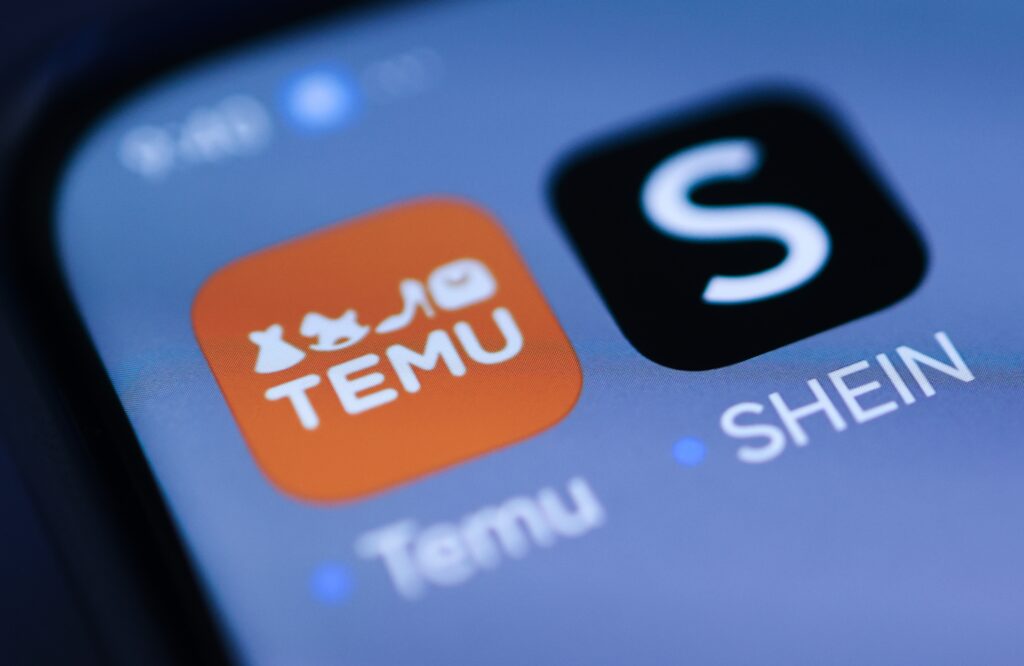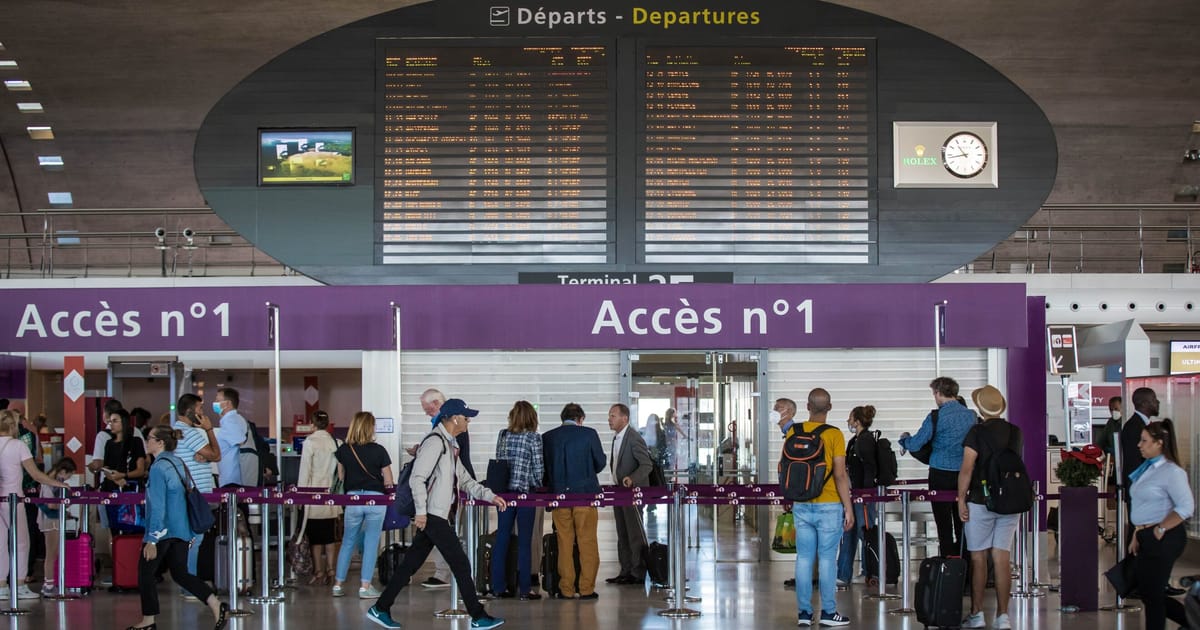Another popular option being floated to raise revenue involves levying a €2 fee on billions of imported small parcels from Chinese retailers such as Shein and Temu. The idea, outlined in a Commission paper seen by POLITICO, was endorsed by EU Trade Commissioner Maroš Šefčovič earlier this week.
Tax options
Faced with looming debt repayments, EU countries on Thursday discussed a variety of additional levies including those on digital and crypto firms, airline companies or the profits of multinationals.
While these options would generate higher revenues than a traveler tax, they face stronger opposition as income and business taxes are usually levied at the national level. Besides, critics fear that raising wealth taxes would put off investors from Europe.
 Another popular option being floated to raise revenue involves levying a €2 fee on billions of imported small parcels from Chinese retailers such as Shein and Temu. | Hannibal Hanschke/EFE via EPA
Another popular option being floated to raise revenue involves levying a €2 fee on billions of imported small parcels from Chinese retailers such as Shein and Temu. | Hannibal Hanschke/EFE via EPA
“If these new own resources are additional taxes on business … or taxes on aviation, it’s not the way to do competitiveness in Europe,” said Matthieu Louvot, the executive vice president of Airbus, during a conference on the EU budget earlier this week.
Raising the EU’s entry fee is appealing because at €7 it is among the lowest in the world and the revenue is currently not being levied by states. To compare, the U.S. charges $21 to EU travelers, whereas the U.K. levies £16.
The Commission estimates the tax will impact up to 50.5 million travelers in 2027, but it did not forecast the revenue it expects to generate.
“ETIAS makes sense. You get into the European Union as a bloc, you need to pay something,” said Pascal Saint-Amans, a tax expert and former Organization for Economic Cooperation and Development official, during the budget conference.
Germany has criticized the move in the closed-doors meeting on Thursday, arguing that it could disincentivize travel to Europe, according to two EU diplomats.
